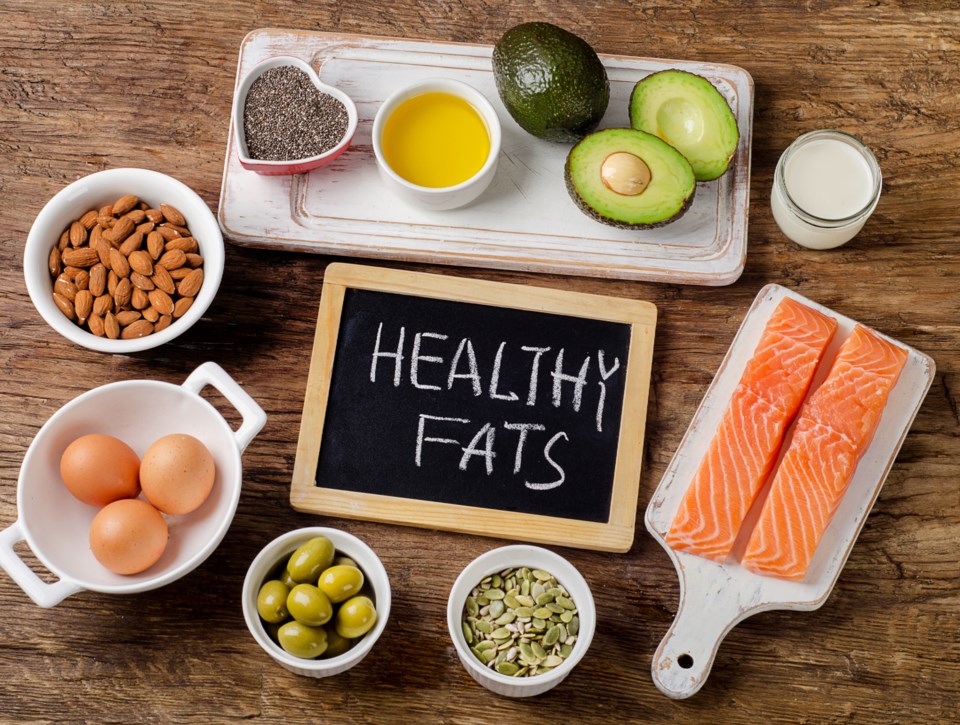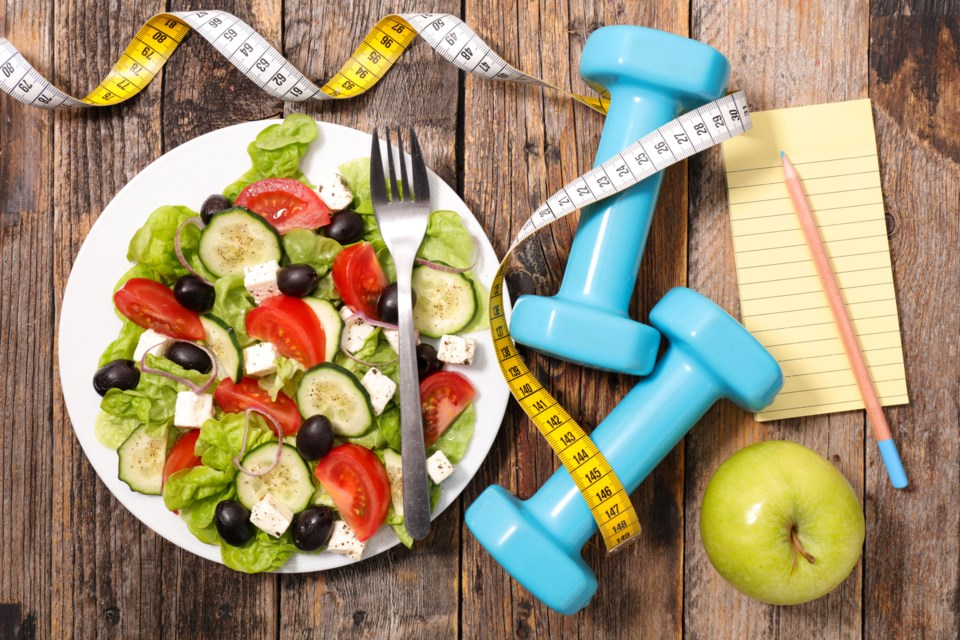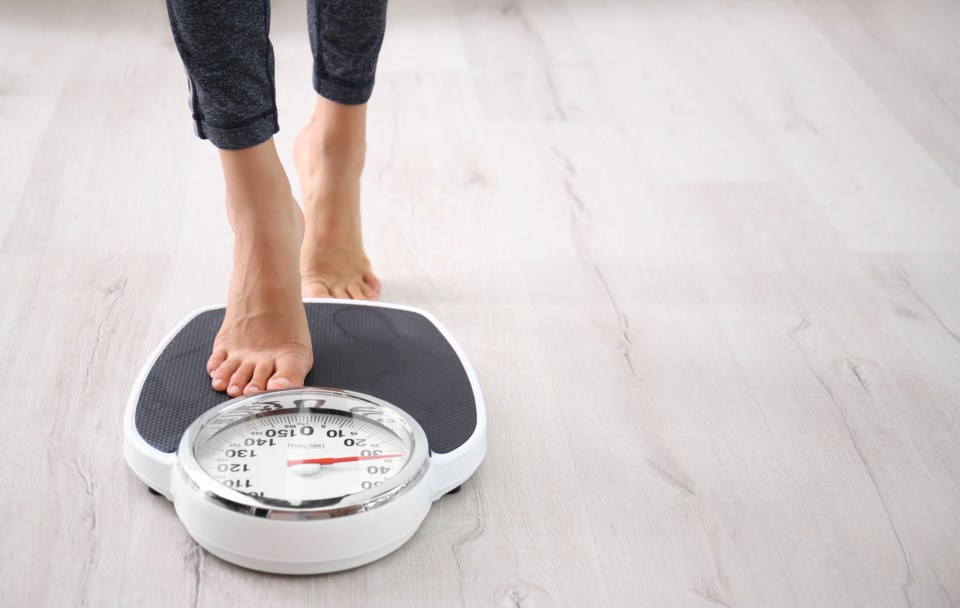Losing weight is a common goal, but it can be a confusing and overwhelming process. There is a lot of misinformation out there about weight loss, and it can be difficult to separate fact from fiction.
To help, we will debunk some of the top weight loss myths and provide you with the truth about losing weight.
Myth #1: Crash diets and quick fixes are the best way to lose weight

Many people turn to crash diets or quick fixes like diet pills in an attempt to lose weight quickly. While it is possible to lose weight quickly in this way, it is not sustainable and can actually be harmful to your health.
Crash diets often involve severely restricting calories or cutting out entire food groups, which can lead to nutrient deficiencies and an unhealthy relationship with food. Quick fixes like diet pills may also have side effects and may not be regulated, so it is important to be cautious when considering these options.
The best way to lose weight is to make sustainable, healthy changes to your diet and lifestyle. This may involve making small, gradual changes to your eating habits and increasing your physical activity. While it may take longer to see results, these changes are more likely to be sustainable and lead to long-term weight loss.
Myth #2: Eating fats will make you fat

For many years, fat was demonized in the weight loss world and low-fat diets were all the rage. However, research has shown that not all fats are created equal and that certain types of fats are actually beneficial for weight loss.
Healthy fats, such as those found in avocados, nuts, and olive oil, can help you feel full and satisfied and may even help with weight loss. On the other hand, unhealthy, processed fats like trans fats and saturated fats should be limited in your diet.
Myth #3: All calories are equal

The old adage "calories in, calories out" has long been the basis of weight loss advice, but it is not that simple. While calories do play a role in weight loss, the source of those calories is important.
Eating a diet rich in whole, unprocessed foods like fruits, vegetables, and lean proteins can lead to weight loss, even if you are consuming the same number of calories as a diet high in processed, sugary foods. This is because whole foods are more nutrient-dense and tend to be more satisfying, so you may be less likely to overeat.
Myth #4: Exercise is the most important factor in weight loss

While exercise is certainly important for overall health and can help with weight loss, it is not the most important factor. In fact, diet plays a much bigger role in weight loss than exercise.
This is not to say that exercise is not important. Regular physical activity has numerous health benefits and can help you maintain your weight loss. However, if your diet is not in check, it will be difficult to lose weight, no matter how much you exercise.
There are many myths about weight loss that can be misleading and potentially harmful. The key to losing weight is to make sustainable, healthy changes to your diet and lifestyle and to focus on whole, unprocessed foods. Exercise is important, but it is not the most important factor in weight loss.
Don't fall for quick fixes or fad diets – the best way to lose weight is to make lasting, healthy changes.
Note: Before dieting or making changes to how you approach your health, it's important to consult your physician to ensure that your plan is safe and does not conflict with existing health conditions or prescriptions.



